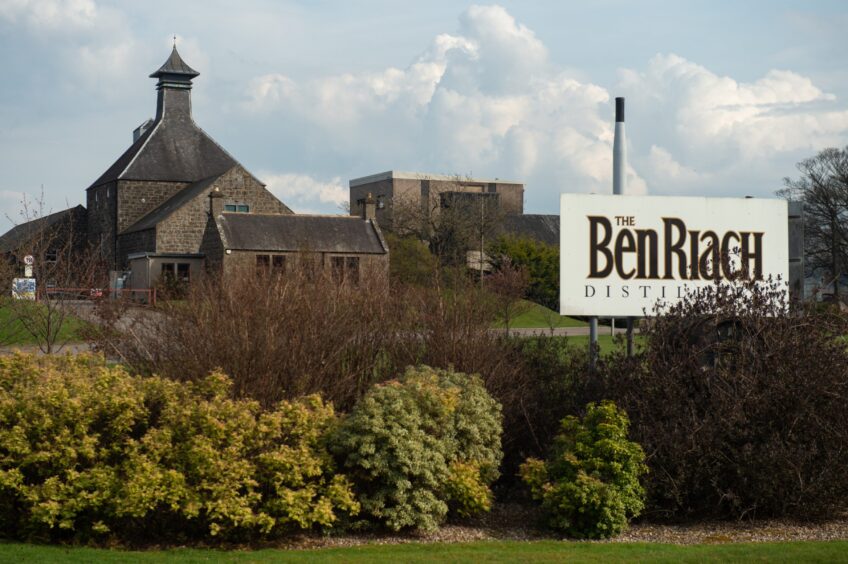A UK bioenergy firm will be grilled by councillors as they seek approval for a renewable gas plant near Elgin.
Developer Acorn Bioenergy is eyeing up a site in Longmorn, about two miles south of the town, for an anaerobic digestion plant.
The project has attracted 51 objections who have raised a raft of concerns about the proposals.
Council planners have disputed Acorn Bioenergy’s claims the site is actually renewable, but the developer will be given a chance to defend their application next week.
Why Longmorn?
The developer selected the Longmorn site because of it’s proximity to nearby distilleries, which would provide over 80% of the fuel for the plant.
This is Acorn Bioenergy’s first of two projects in Moray with a similar plant planned south of Buckie.
Acorn also has another project on the Black Isle and is expecting a decision from Highland Council in summer of this year.
Once operational, they say the plant would provide enough gas to heat 9,500 homes or convert “almost the whole of Elgin from fossil fuels to renewable heat.”
Planners recommend councillors deny development
Council planners have scrutinised the development, concluding it will fail to achieve its net zero commitments and actually “produce more greenhouse gas than it removes.”
They cited the lack of clarity on what will happen to the produced CO2.
Planners also said the local economic benefit or the need for the Longmorn site have not been properly demonstrated.
Acorn Bioenergy offered a local contribution of between £150,000 to £250,000 alongside an annual £20,000 community fund but planners have said this is not enough.
Planners stated windfarm developers are expected to contribute £5,000 per megawatt on an annual basis.
If the plant follows similar community benefit rules, the 100,000 megawatt capacity of the plant indicates developer contributions could be in the realm of £500 million.
What have locals said?
Many of the 51 objections were against the development bringing an extra 83 vehicles a day onto an already “notorious” accident-prone stretch of the A941 Elgin to Rothes road.
Heldon Community Council said they were “extremely concerned” about the potential odour from the Longmorn gas plant affecting nearby houses.
One neighbour said the location was not “sensible nor suitable” for the plant in an “already established village.”
Several others objected to the lack of local benefits coming to offset the negatives of the Longmorn gas plant project.
Representatives from Acorn Bioenergy will be asked to present their application to councillors next week.
In the hearing, they will have the opportunity to address the concerns raised by both council planners and members of the public.
Councillors will then decide if the development should go ahead.
What is an anaerobic digestion plant?
The Longmorn gas plant will work by using microbes to break down whisky distillery by-product and agricultural feedstock to produce biogas.
This biogas is then refined into carbon dioxide and biomethane, the latter of which can be injected into the national gas grid.
A plant on Acorn Bioenergy’s scale has a capacity of 100 gigawatts (100,000 megawatts) of energy per year.
It also produces a by-product called digestate, which can be used as a fertilizer.
The developer has not made clear what the CO2 would be used for, only that it is “acceptable for all uses” including the production of food and drinks.
Read more from Elgin
- Fears new homes, nursery and shops in Elgin could affect road safety on A941 Rothes road
- The Link: How a community-led activity hub is bringing local people of all ages together in Elgin
- Moray health bosses AGREE ‘contentious’ budget cuts to plug £12.2m shortfall as concerns raised about future of Elgin’s mental health ward






Conversation